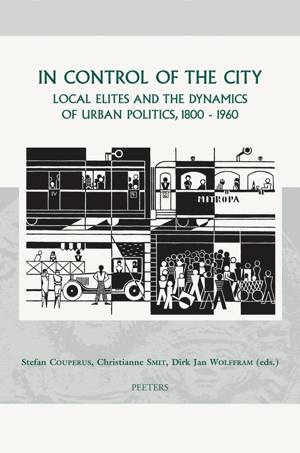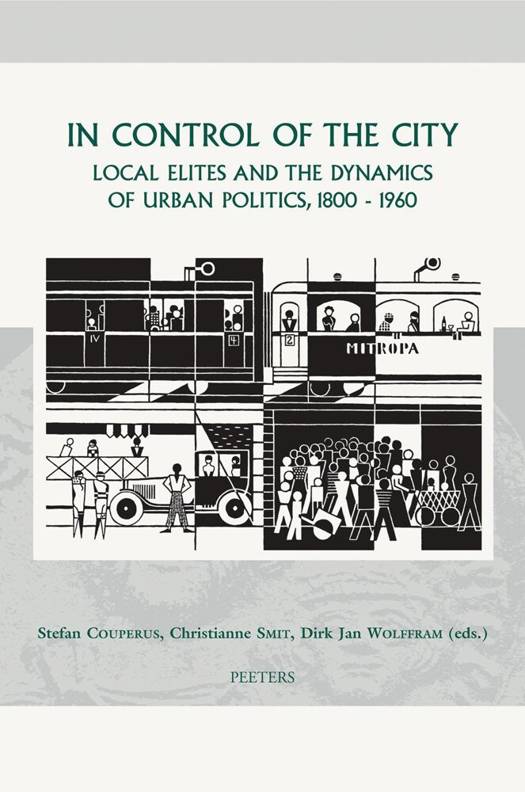
- Afhalen na 1 uur in een winkel met voorraad
- Gratis thuislevering in België vanaf € 30
- Ruim aanbod met 7 miljoen producten
- Afhalen na 1 uur in een winkel met voorraad
- Gratis thuislevering in België vanaf € 30
- Ruim aanbod met 7 miljoen producten
Zoeken
€ 91,95
+ 183 punten
Omschrijving
The central topic in this volume is change in the nature and composition of local elites, in roughly the period from the first half of the nineteenth century until the second half of the twentieth century. This volume contains contributions which focus on developments in the Western world, with an emphasis on cases in Great Britain, Germany, Belgium, the Netherlands and the United States. These cases reveal how simultaneously emerging and diminishing local elites were exposed to a fundamentally changing balance in local political, social and cultural arrangements during the era of industrialization and urbanization. The political role of local elites in a dynamic urban environment is at the heart of analysis in the volume. Formal (local government, bureaucracy) and informal (cultures and styles, networks, social groups and movements) local politics are studied. Central questions which are addressed in the contributions include: what did local elites want, what were their aims, what was their purpose and what did they intend to achieve by holding or obtaining political power on a local level? This volume offers both a new theoretical framework in time and space for the study of local government and local elites, and a wide range of empirical studies which are original both in topic and approach. Contributions range from local kinship networks in Southern Germany to the professionalization of local bureaucracy in the Netherlands and Great Britain, and comprise aspects like the impact of architecture on Belgian local government, reform literature in the USA and the Netherlands, the changing roles of mayors, and the emergence and education of new elites.
Specificaties
Betrokkenen
- Auteur(s):
- Uitgeverij:
Inhoud
- Aantal bladzijden:
- 230
- Taal:
- Engels
- Reeks:
- Reeksnummer:
- nr. 28
Eigenschappen
- Productcode (EAN):
- 9789042919419
- Verschijningsdatum:
- 31/12/2007
- Uitvoering:
- Hardcover
- Formaat:
- Genaaid
- Afmetingen:
- 165 mm x 246 mm
- Gewicht:
- 612 g

Alleen bij Standaard Boekhandel
+ 183 punten op je klantenkaart van Standaard Boekhandel
Beoordelingen
We publiceren alleen reviews die voldoen aan de voorwaarden voor reviews. Bekijk onze voorwaarden voor reviews.







